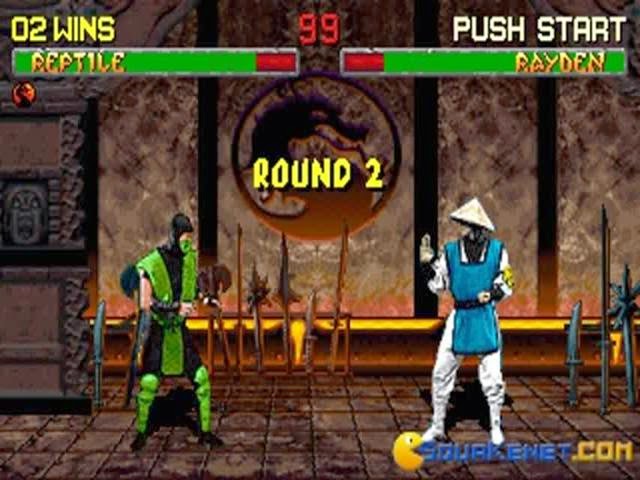Well it’s been over a month now since the rise of #GamerGate, and if you’ve still not heard of it, I recommend scrolling back through my previous work to read this post, this post, and this one to get you started. Or for those TL;DR folks, #GamerGate is a consumer revolt by gamers who have gotten fed up with the corruption in the video game industry and the utter lack of journalistic ethics in a gaming media that seems hell bent on pushing a progressive sociopolitical narrative into gaming.
I sat down to write this post in the midst of the natural lull one might expect in an Internet-driven conflict lasting this long. People had begun to wonder if this whole thing were coming to an end, with both sides staking claim to victory. Gamers noted the decline in readership of prominent sites, the rise of alternatives like TechRaptor and 8chan, and the tag itself reaching the milestone of 1 million uses suggested the certain demise of the opposition; journowarriors pointed to the lull and general lack of interest on the part of bigger media sites as evidence the tempest in a teapot would soon peter out. The question on everyone's mind seemed to be "what's next?"
Then Intel went ahead and blew everything up all over again. Responding to requests by gamers, Intel pulled its ads from Gamasutra, one of many websites that contributed to the barrage of “Gamers are dead” articles that really put this whole thing into full swing. That in turn has provoked the same kind of vitriol and journalistic malpractice as those original articles, and so the smoldering embers burn anew.
Fortunately that demonstrates handily how the cycle of lull and victory is the path #GamerGate will take going forward, so long as gamers choose to continue to fight. It’s a war of attrition that can only end once one side has been metaphorically wiped out. With each victory, the losing side will go quiet for a time to regroup and reposition, but another battle will wait just around the corner.
As long as the journowarriors have their sites and their positions, they’ll keep pushing their particular agenda. Calls for #GamerGate to drop the tag “tainted by its misogynistic origins”, appoint leaders, and focus on specific goals will continue as well. On their face, those do seem like perfectly logical and reasonable suggestions. After all, leaders and goals help to focus efforts and reduce the possibility of some random troll trying to speak for the community at large just by slapping the tag on their tweet.
In reality, it’s just a bit of pernicious concern trolling. A leader can be smeared, threatened, bullied, and otherwise taken off the field of battle to leave an army in disarray, and known goalposts can be more easily defended or moved if necessary. As some gamers have noticed, that kind of targeting is precisely the kind of thing called for by the social justice bible of Saul Alinsky’s Rules for Radicals.
A disparate swarm of people each with their own particular targets, however, can dig their stingers in again and again until their enemy runs screaming from the field. No one sting will be a decisive death blow though, and therefore if gamers wish to have a more honest, open media bereft of the moral proselytizing of our social betters, they will just have to keep up their pressure from all directions despite the lulls. Whether it’s writing sponsors like Intel, digging into DiGRA as Sargon of Akkad has been, or even the simple act of using the #gamergate and #notyourshield tags in a tweet, each attack is one more bit of damage to the narrative.
That #GamerGate has evolved from a mere hashtag to a full on community of new friends should certainly help with the long road ahead, especially given the opposition already was a tight-knit clique of backscratchers. Thus if any one top priority should exist among #GamerGate supporters, it should be to continue to make connections and further cement the existing ones.
That includes the “right-wing” voices whose attention has been piqued by this conflict and about which many gamers have expressed some concerns. They fear the further encroachment of politics in gaming and/or that the Right simply doesn’t have gamers’ best interests at heart. Personally I think people like Milo Yiannopoulos over at Breitbart have done great work dispelling that fear, but to still apprehensive gamers I would merely restate that every ally attacking the enemy is useful, either as distraction, fodder, or genuine damage dealer.
Whether we fight for political reasons or not, what lies ahead is a long and brutal campaign on perhaps the last front in the larger culture war. There will be endless waves of enemies bent on our collective enslavement to their particular ideology. We're gamers; let’s see how high of a score we can rack up.
Round 2. Fight!
*this post cross-posted at http://www.theirfinesthour.net

Comments
Post a Comment
I reserve the right to delete comments without warning or explanation.